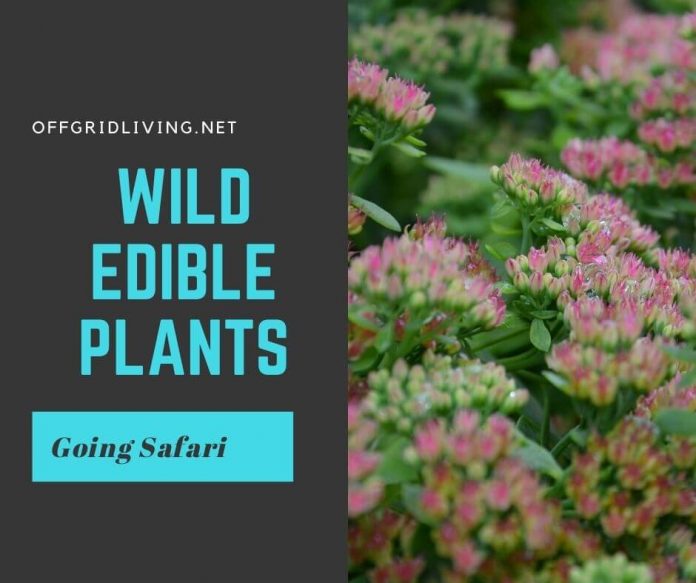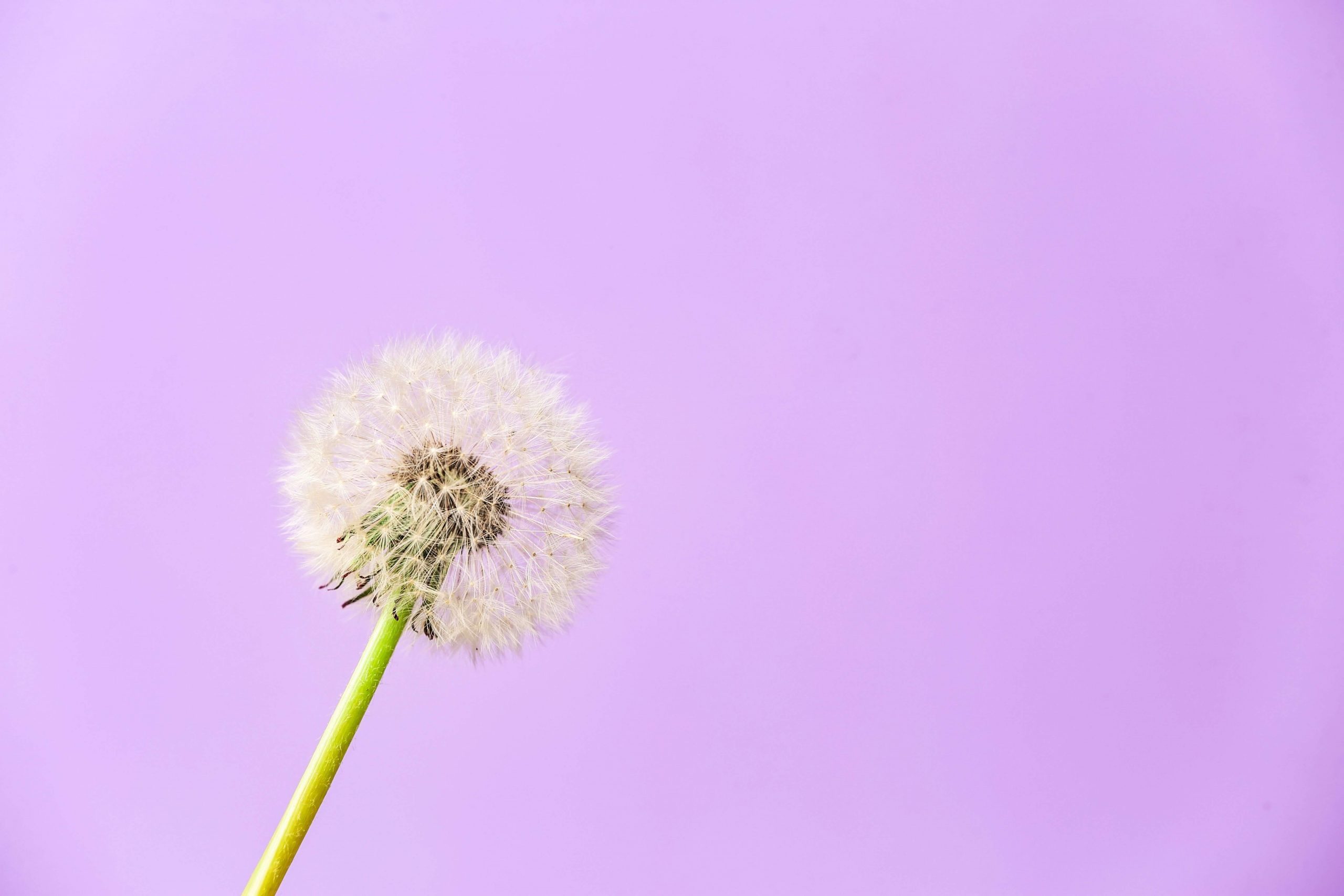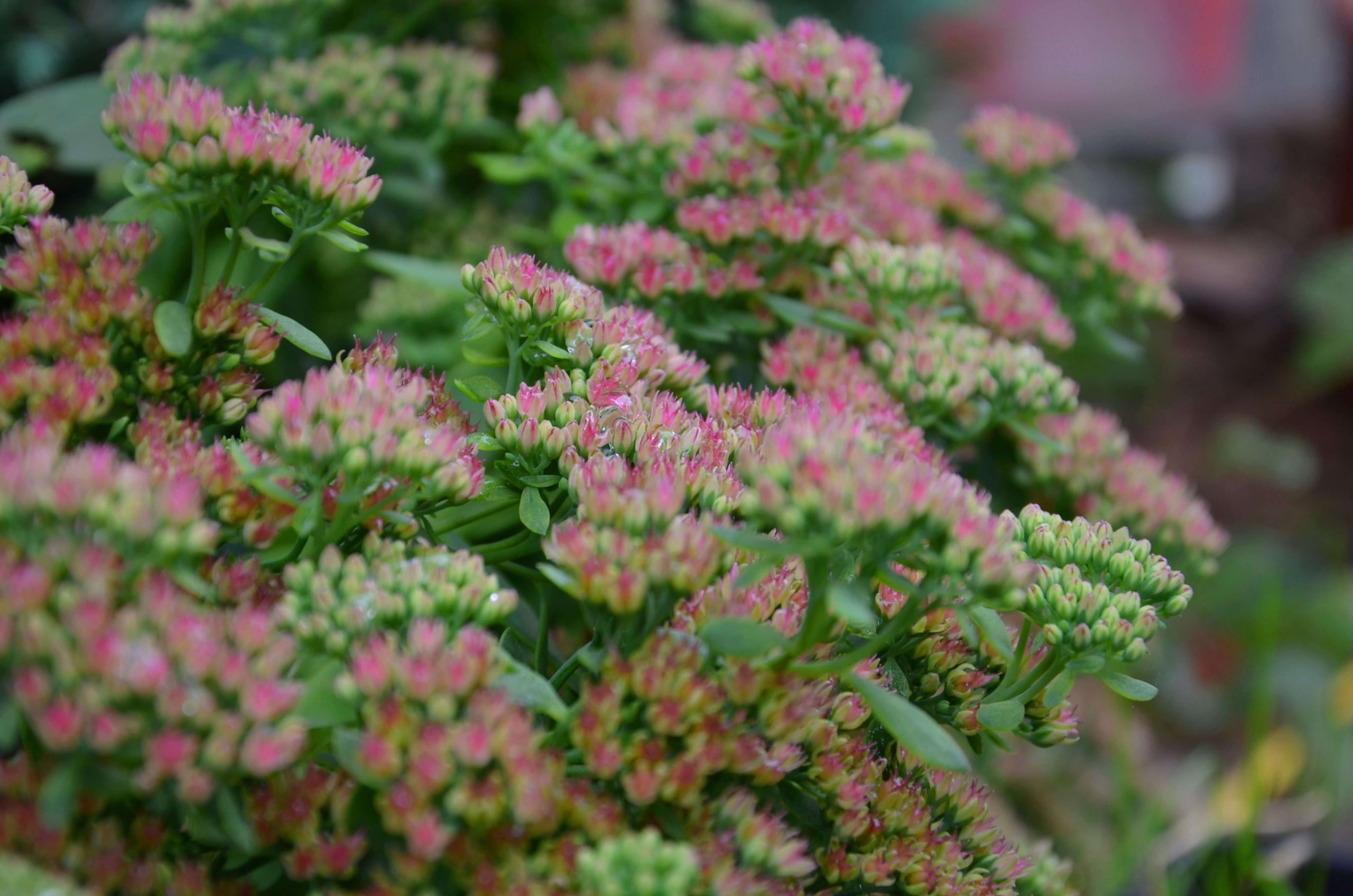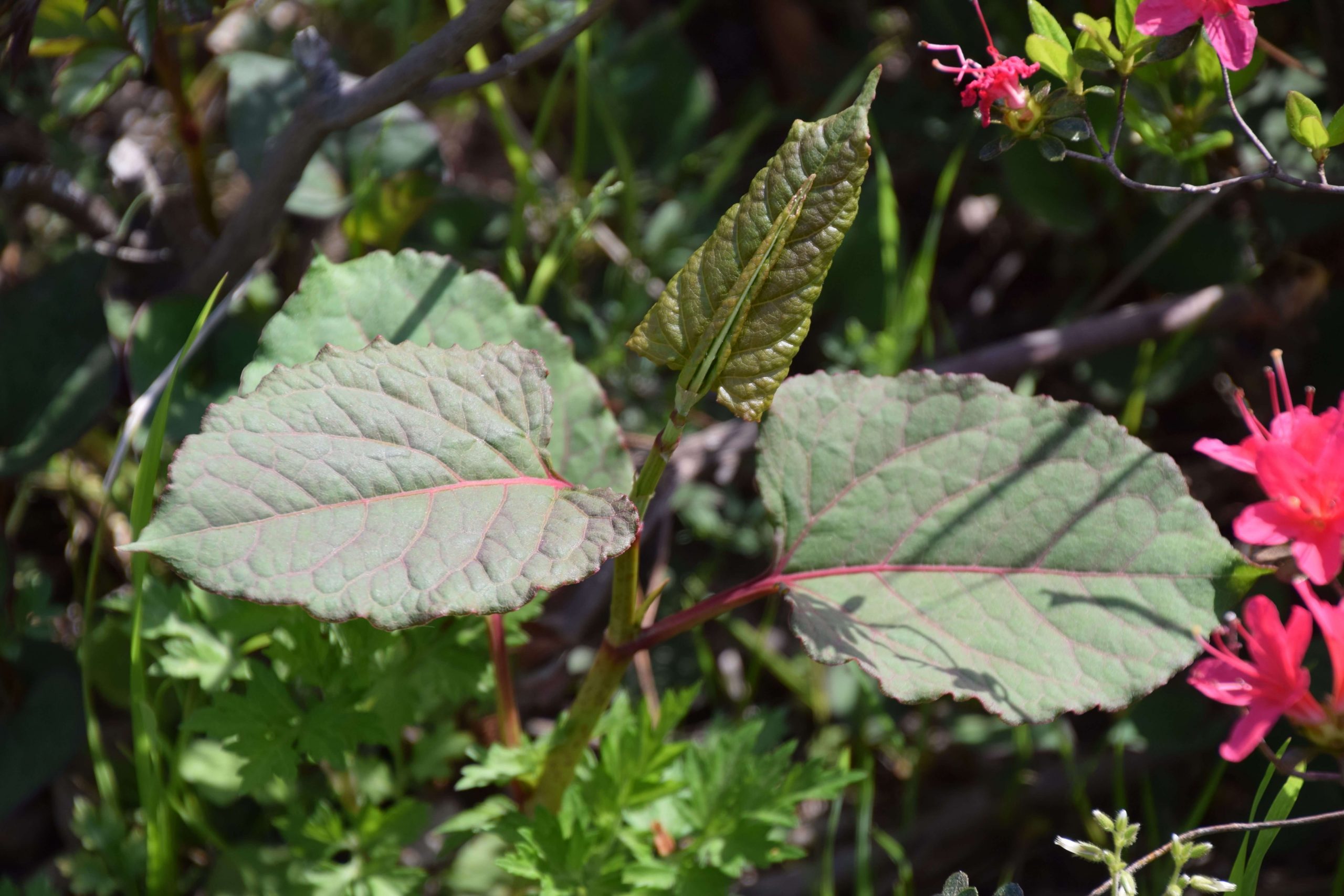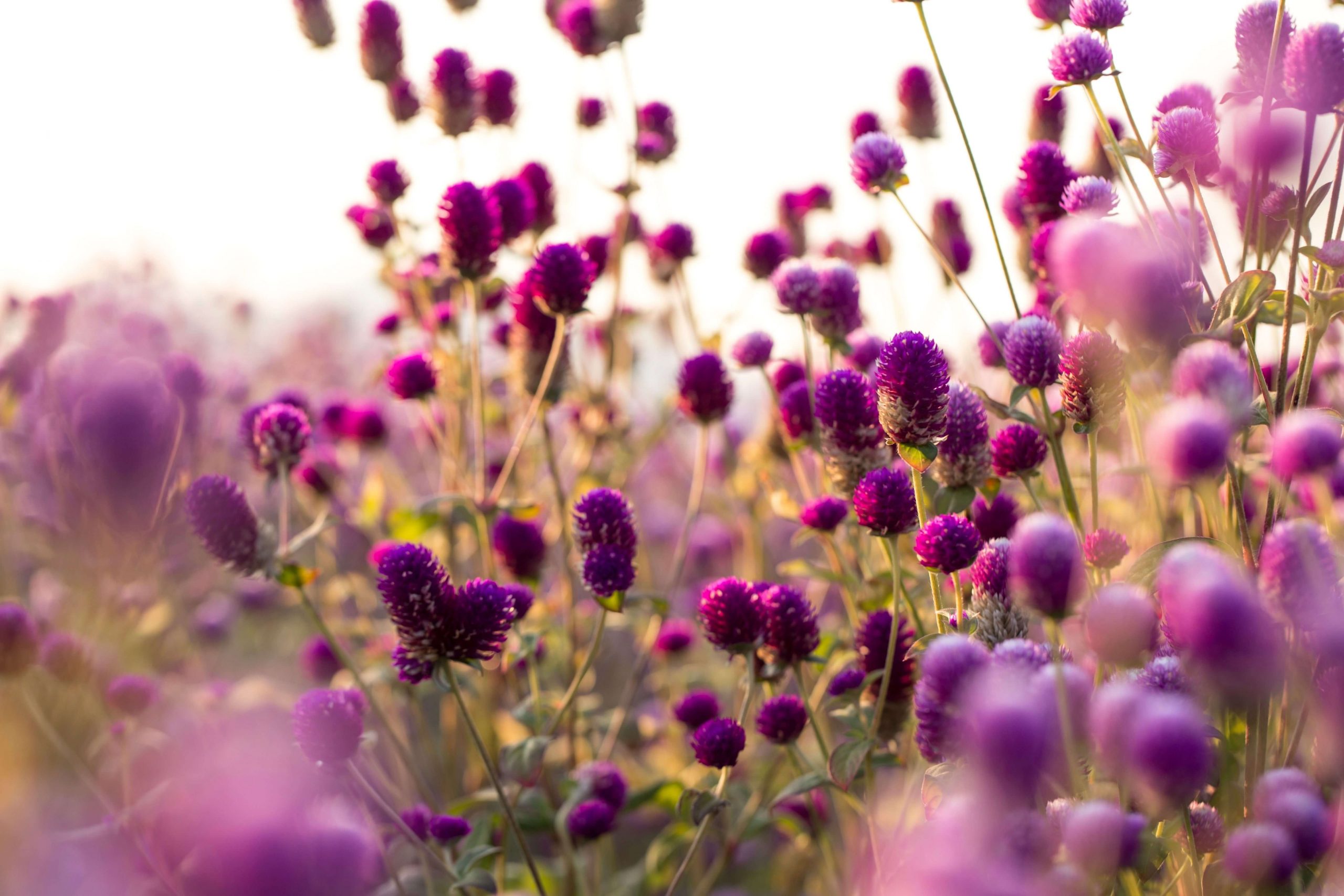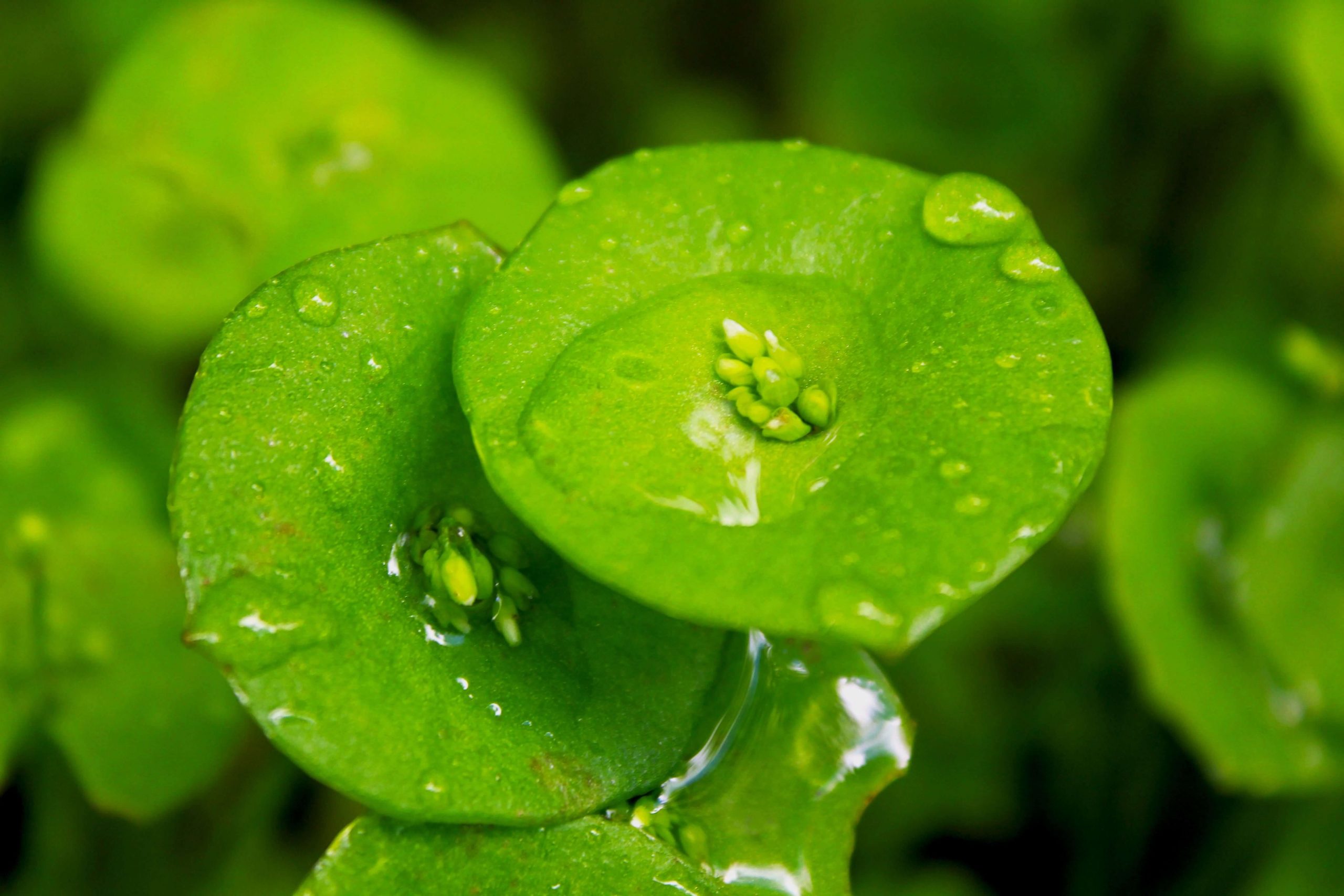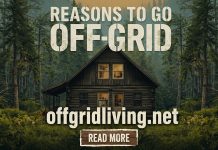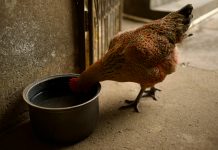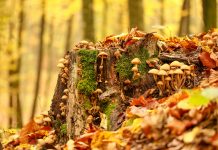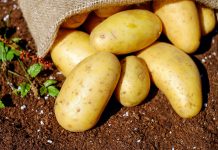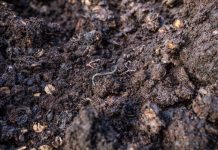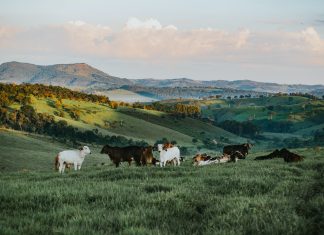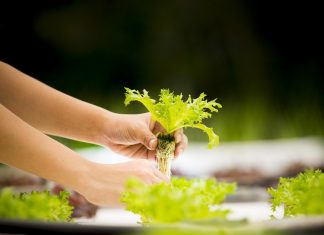Exceptionally, you might run out of food in your off-grid domicile. What then?
Have you got any ideas to kill that gnawing in your stomach?
Probably no. But don’t worry, I’ve got a fantastic idea: wild plants.
You got it right. Wild plants out there can become an excellent resource in times of fierce appetite. It often happens that we run out of groceries and food stock on lousy time, and have to do at least something to survive.
Off-grid living is all about survival. Don’t you know how to survive? Go live in a city.
But in situations like the COVID-19 lockdown, where all the roads are blocked, and you’re strangled in the wild, you must know how to befriend those wild plants and satisfy your hunger!
Edible Wild Plants – Going Safari
Along with our everyday vegetables, the food cycle has a little hidden section of edible wild plants as well. These plants can be eaten raw or even cooked when proper utensils are available.
Nature is creative, isn’t it? Well, we always catch the signs!
So, let me show you a few scrumptious and common edible wild plants that can supplement your off-grid living and help you survive better!
Dandelion
Dandelion makes me want to praise nature for the better!
It’s nature’s happy meal – trust me. It’s wholly nutrient and has unbelievable utility: the entire plant is edible!
As a rule of thumb, you can eat it right away without hesitation. But, if you’re lucky enough to get your hands on some boiling utensils, you can have your drink ready too!
The water in which you boil dandelion can be consumed as a tea (go to the Atlas Tea Club page to learn more facts about this tea), and the flower can be used to garnish the salad.
How awesome is that! I know, right?
So, it’s not something you should only eat when strangled and stuck. Dandelion is unbelievably beneficial, so make it a standard practice!
Lambsquarters
So, what’s that goal that we’re looking to achieve here? SURVIVAL.
And survival depends on? STRENGTH.
And what gives you strength? BONES & PROTEINS.
Well, that makes lambsquarters the optimal choice. Rich in calcium and protein, lambsquarters ensure energy, strength, and stamina.
Yes, this divine herb can commonly be found wherever you might be stationing your bunker. It’s easy to grow as your own food as well, so it doesn’t necessarily mean that you’ve to wait to run out of groceries in the middle of the night and then start finding some lambsquarters!
It’s a game of survivors, and with vitamin A, C, and K present, lambsquarters is a wild edible plant that promises off-grid survival. It is a don’t-miss-out plant … be vigilant!
Japanese Knotweed
If you’re living off-grid, there’s a cool chance that your smart self has chosen a spot near to a water body. If you have, then let me be the wise guy who has come from a land far away bearing a gift, because the Japanese Knotweed is REALLY a thing!
What surprises me most about this absolute natural marvel grows in one of the essential areas in a city: the water supply.
Although for better results, it’s better to prefer to pick it once red and green shoots are below 8-inches tall. This helps the plant perform better as food.
Amaranth
In off-grid living, there are a million reasons to grow your own food, and Amaranth tops the list!
Although incredibly healthy, Amaranth still is, for the fact, logged with vast amounts of oxalic acid and nitrates. Um, yeah, they’re not really good for your health.
And no, that doesn’t mean poisonous in any sense!
Because you can always remove them with a little boiling, once processed, Amaranth can prove to be relatively the most beneficial herb to you!
Miner’s Lettuce
A classic. A fortunate wild folks’ favorite.
Miner’s lettuce is precisely what you’ll be looking for in the worst-case scenario. A delicious herb that you’d love to jump onto on first sight.
How to recognize it? It has a single rounded leaf (see the picture), and the leaf looks waterlogged, thick, and healthy.
Although rarely such looking plants are edible, but exceptions are always there!
Avoiding Poison – Better Safe than Sorry!
Yep. They’re not all safe to eat … and a wrong decision may really make you regret your decision for good. So, what can be done?
Know what plants to avoid.
“But, but! There are so many plants, how will I know which ones to avoid?”, well, that is for me to worry about!
We can’t of course count all of them, but there are some general characteristics they share. Let’s talk about them in terms of the five senses!
Sight – Have spines, thorns, and rough looks. Also, have non-green colors used to depict poison.
Taste – Bitter and alkaline (like soap, a bit?)
Smell – Like almonds in certain areas (like wooden stem).
Touch – Milky, swollen, and waterlogged.
Noise – Haha, nothing here!
So, put your senses to work, be vigilant, and soon you might even be selling your knowledge and experience around!
More Options – I’m not just a vegan, I’m open to options!
But again, it’s not necessary you only rely on wild plants, right?
You can have some fun and prey on your food of choice if you think you’re experienced enough in understanding the off-grid topography. Maybe you can look for yummy mushrooms? Perhaps you can look for some fruits? … and perhaps some meat as well?
But let’s leave this search for another excellent off-grid living talk!
In Short – I mean, really
The importance here is of “growing your own food” and “borrowing from mother nature”. If you grow a plant, it’ll grow up in wild and might one day help another wise off-grid resident like you, because what goes around, comes around!
I’d say it is your responsibility as an excellent off-grid citizen to plant what you borrow from nature. So always look forward to this little gardening, it’s still gonna help!


